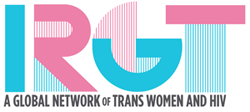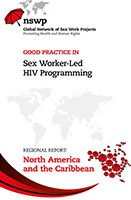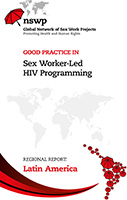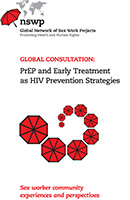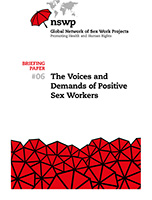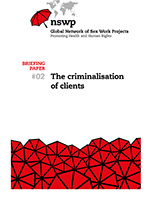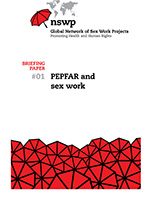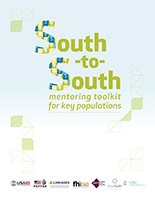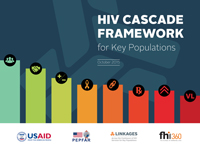
This document summarises the experience of sex workers through examples of best practices that serve to share the development of politically influential tools; to strengthen sex workers’ group efforts to become effectively involved in the development of policies and programmes that help to amplify their voices both at regional and international levels. It also documents the access of sex workers to treatment, as well as the impact of HIV programmes which fail to include a human rights-based approach, such as highly coercive or mandatory HIV programmes, as well as the lack of access to affordable and effective treatment for HIV and STIs.
Year of publication:
2014
